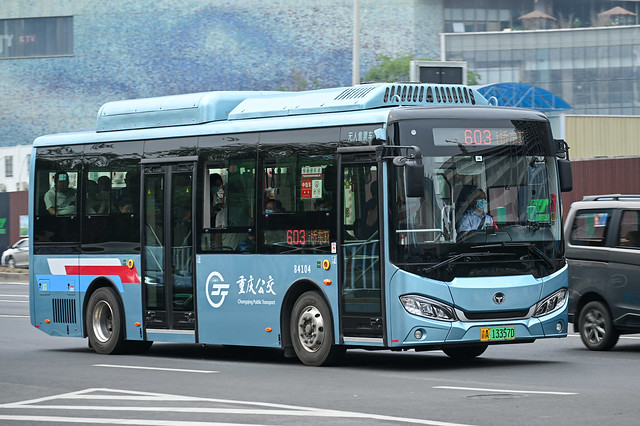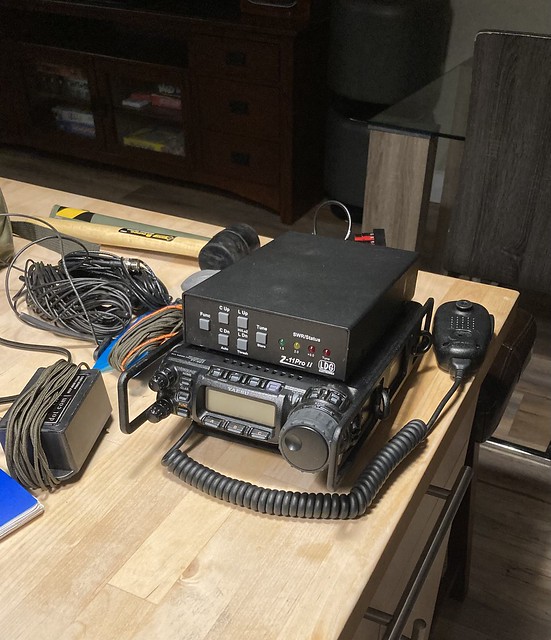Lithium Iron Phosphate Battery: A Revolutionary Power Source
Lithium Iron Phosphate Battery: A Revolutionary Power Source
Introduction:
Lithium iron phosphate (LiFePO4) battery, also known as LFP battery, iron-phosphate lithium-ion battery or Li-ion phosphate battery, is a cutting-edge power source that has gained significant popularity in recent years. This article explores the manufacturing Lithium iron phosphate battery process, characteristics, advantages, usage methods and tips for selecting this remarkable product.
Manufacturing Process:
The production of lithium iron phosphate batteries involves several key steps. Firstly, raw materials such as

lithium carbonate and ferrous orthophosphate are mixed together to form a precursor material. This is then subjected to high-temperature calcination to create a crystalline powder known as cathode material. Subsequently, the anode material is formed by coating graphite over copper foil while the separator and electr

olyte are prepared separately. Finally, these components are assembled into a cell format using advanced techniques.
Characteristics:
1. Energy Density: Lithium iron phosphate batteries offer moderate energy density compared to other types of lithium batteries while providing excellent stability.
2. Safety: They have enhanced thermal stability and excellent resistance towards overheating or thermal runaway events.
3. Lifespan: These batteries can deliver thousands of charge-discharge cycles with Li-ion phosphate battery out experiencing significant capacity degradation.
4. Fast Charging Capability: Due to their low resistance nature and superior electrochemical properties, LFP batteries can be charged at high Iron-phosphate lithium-ion battery currents resulting in reduced charging times.
5. Environmental Friendliness: The absence of heavy metals like cobalt makes them safer for the environment during recycling processes.
Advantages:
1. Enhanced Safety Profile: Unlike traditional lithium-ion batteries that contain flammable liquid electrolytes, LiFePO4 c Lithium iron phosphate battery ells use solid-state or gel-type electrolytes that eliminate safety hazards associated with leakage or combustion risks.
2. Longevity: With proper care and maintenance practices followed consistently, these batteries can last for up to 10 years or more even under demanding operating conditions.
3. Wide Operating Temperature Range: Lith

ium iron phosphate batteries can operate efficiently over a wide temperature range, making them suitable for various applications even in extreme climates.
4. High Discharge Rates: They offer excellent discharge characteristics, enabling efficient power delivery for demanding applications such as electric vehicles or renewable energy storage systems.
Usage Methods:
1. Electric Vehicles: LiFePO4 batterie Lithium iron phosphate battery s are widely used in electric automobiles due to their higher safety levels and long lifespan.
2. Solar Energy Storage: The ability of LFP batteries to handle deep discharges and high charge rates makes them ideal for storing solar energy gen Lithium iron phosphate battery erated during the day and using it later when required.
3. Off-Grid Power Systems: These batteries provide reliable backup power for off-grid locations where access to the main grid is limited or unavailable.
How to Select an LFP Battery:
1. Capacity Requirements: Determine the energy capacity needed based on your specific application requirements.
2. Voltage Rating: Consider the voltage rating of the battery pack that matches your equipment needs.
3. Size and Weight Constraints: Ensure that Lithium iron phosphate battery the physical dimensions and weight of the battery fit within your space limitations and load-bearing capabilities.
4. Certification Standards Compliance: Opt for certified lithium iron phosphate batteries that adhere to industry standards like IEC 62620 or UL 1642 to ensure optimal performance, safety, and reliability.
Conclusion:
Lithium iron phosphate LFP battery battery has revolutionized portable power solutions with its superior performance characteristics, enhanced safety profile, long lifespan, and environmental friendliness compared to traditional lithium-ion alternatives. Whether it is electrifying transportation or harnessing renewable energy sources efficiently, LFP battery offers a compelling choice catering to both consumer electronics Lithium iron phosphate battery markets as well as large-scale industrial applications.
